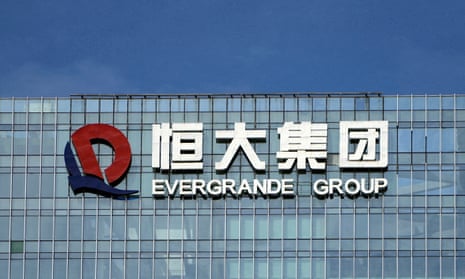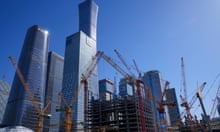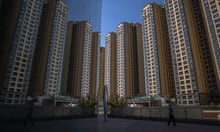China’s Evergrande Group, the world’s most heavily indebted property developer and the poster child for the country’s property crisis, has filed for bankruptcy protection in a US court.
The company sought protection under chapter 15 of the US bankruptcy code, which protects its US assets while it attempts a restructuring deal. The code also provides mechanisms for dealing with insolvency cases involving more than one country.
Evergrande, once China’s top property developer, was found in 2021 to be struggling with more than $300bn in liabilities, as government officials tightened scrutiny on the real estate sector. Its liquidity crisis soon made it a symbol of the country’s property sector woes.
Fears of Evergrande’s collapse in 2021 sent shudders through the world’s number two economy.
In the latest filings in New York, Tianji Holding and Scenery Journey – of whom Evergrande is the ultimate holding company – also filed for chapter 15 protection.
For months Evergrande has been working on an offshore debt restructuring agreement and it unveiled a proposal earlier this year. It offered creditors a choice to swap their debt into new notes issued by the company and equities in two subsidiaries, Evergrande Property Services Group and Evergrande New Energy Vehicle Group.
Last month, however, Evergrande posted a combined loss of $81bn for 2021 and 2022, prompting worries about the viability of the debt restructuring plan.
China’s property sector remains in turmoil, with major developers failing to complete housing projects, triggering protests and mortgage boycotts from homebuyers.
There are fears that problems in the country’s property sector could spread to other parts of China’s economy as growth slows. Since the sector’s debt crisis unfolded in mid-2021, companies accounting for 40% of Chinese home sales have defaulted.
Beijing has recently sought to bolster the real estate sector by cutting mortgage rates, slashing red tape and offering more loans to developers.
Reuters and Agence France-Presse contributed to this report










